[ad_1]
For lots of science lecturers, the night sooner than a lesson is often filled with nervousness as they seek for strategies to make the next day’s class additional taking part. Nevertheless the devices that lecturers have entry to mustn’t all of the equivalent.
Some lecturers have maker areas fitted with 3D printers; some do not. Some lecturers have a robust science background, whereas others do not. Some faculties have present rooms stocked with Erlenmeyer flasks and high-powered microscopes, nonetheless many additional do not. All school college students should transform essential thinkers, which good STEM instruction can foster. Nevertheless the expansion of essential contemplating does not hinge solely on a flowery maker space, a prestigious science diploma, or an abundance of sources.
One progressive answer to foster essential contemplating in STEM is in order so as to add somewhat little bit of historic previous. STEM was born from the necessity to emulate how life actually operates by merging 4 core disciplines: science, experience, engineering, and math. Within the precise world, these disciplines often work collectively seamlessly, and with little fanfare.
However when we have to put collectively children to be future scientists, we’ve got to tell them regarding the earlier. By doing so, we demystify scientific developments by revealing their messy historic actuality; we current school college students how science is certainly carried out; and now we’ve got the possibility to spotlight scientists who’ve been written out of historic previous—and thus invite additional school college students into the world of science.
The Power of Science Tales
Among the many finest strategies to share science from a historic viewpoint is to tell good science tales. Tales are sticky: The evaluation reveals that individuals are hardwired for them, and that scaffolding information—by bundling scientific discoveries with a compelling narrative, for example—helps the thoughts incorporate new concepts. On this strategy, tales act like conveyor belts, making lessons additional thrilling and carrying important information along with them.
Nevertheless good tales can serve one different goal, too. By seeing how an invention of the earlier impacts life throughout the present, school college students be taught to imagine holistically. For example, in the event that they’re confirmed how clocks accelerated life, or how laptop methods modified how folks assume, then they’re going to see how experience shapes custom and even changes our sense of time. On this strategy, STEM expands previous its typical limits and turns into interconnected in school college students’ minds—not merely to totally different utilized sciences, nonetheless to all disciplines and fields of inquiry.
Uncovering the Unintended Penalties of Improvements
For over a decade, I appeared for a e-book to supply every the historic and societal context of improvements—to tell the tales of science—nonetheless didn’t have quite a bit luck. I felt so strongly about this missing methodology to nurture essential thinkers that I decided to place in writing The Alchemy of Us, which is a e-book about improvements and the best way they modified life and society. In it, the lives of a numerous strong of little-known inventors—from pastor Hannibal Goodwin to housewife Bessie Littleton—are unfolded, and the assorted strategies by way of which these regularly improvements modified life are highlighted.
Typically the outcomes of these improvements had been supposed, and in numerous additional circumstances they weren’t. For example, school college students will see that the telegraph used electrical vitality to shuttle messages over prolonged distances shortly. Nevertheless they could additionally come to understand that the telegraph had a shortcoming: It could not take care of many messages at a time. Purchasers on the telegraph office had been impressed to keep up their messages transient. Rapidly, newspapers used telegraphs of their newsrooms, and editors instructed reporters to place in writing succinctly. Utilizing fast declarative sentences was a newspaper kind that was embraced by one reporter who went on to place in writing many well-known books—his title was Ernest Hemingway.
Proper right here, then, is a case of how a experience, the telegraph, altered language and led to considered one of many world’s most celebrated literary varieties—and this lesson of cascading and unpredictable outcomes will probably be extended to how Twitter and textual content material messages are altering language now. When historic previous is included in STEM, school college students be taught science, nonetheless as well as they be taught regarding the quite a bit broader impression of science.
Shaping the Future by Using the Earlier: An Prepare
A way that we are going to assemble essential contemplating skills is to put experience beneath the microscope. Have school college students think about improvements, like their cell telephones or Instagram or the net, and ponder how they make an impression on life additional broadly. School college students can create lists of the entire changes—ask them to contemplate not solely changes to the material world, nonetheless changes to a lot much less tangible ideas and concepts, like human psychology and notion strategies—and break school college students into small groups to debate and share out their findings. Alternatively, it’s possible you’ll pose a counterfactual: Ask school college students to create a timeline of the invention’s historic previous, along with a second timeline as if that invention under no circumstances occurred. What happens if the cellphone was under no circumstances invented?
Clearly, there are not any correct or incorrect options, nonetheless the duties require your school college students to have a look at the world with additional marvel—and further skepticism—and state of affairs their minds to contemplate causes and outcomes.
To take a deeper look: Let’s say you requested your school college students to have a look at the affect of the net on fashionable life. The online has truly modified life significantly. For starters, we’ll take heed to music, watch films, entry information, and name each other merely. Have your school college students give attention to life sooner than and after the net in groups after which create a drawing or write a quick essay. They could reply questions like these: How did people get their info? How did they hear from each other? How did people take heed to music? The place was particulars about completely totally different topics saved sooner than the net? The next step is maybe to try the professionals and cons of the net, significantly social media. Does being additional linked help or hurt us? Does the net ship us collectively or divide us? Does the net make it easier or more durable to hunt out the truth?
As quickly as school college students are warmed as a lot as desirous about experience on this strategy, you would possibly want them try on the place of futurists. Ask them to consider thought-provoking questions like: If social media relies on “likes” and “follows,” what kind of society will we be in the end? Will we take heed to trendy celebrities with lots of of hundreds of followers, or will we take heed to consultants with fewer followers? Will or not it is easier to unfold false information? School college students can then draw a picture, write an essay, or create a video reflecting on the societal impression of the net and what life might presumably be like in the end with or with out their proposed choices.
Partaking Future Residents
Whereas STEM skills are themselves increasingly important in our technologically rich world, STEM could be a pathway to interact school college students as essential thinkers, and similtaneously future residents. By placing science throughout the broader context of historic previous and custom, we’ll remind school college students of how scientific improvements play a job in our evolving cultural and even moral notion strategies. And by giving school college students the realm to critique improvements, we give them the abilities to type the long term.
To get kids asking laborious questions, however, the essential factor first step is to supply them good science tales. As quickly as school college students are additional engaged with how STEM is a component of an even bigger materials, they’re going to have the abilities to see the world additional clearly and the lens they need to start posing sturdy questions. This methodology aligns with the information of William Shakespeare, who said centuries up to now, “What’s earlier is prologue.” He was fully correct, on account of if we’re attentive observers, the earlier tales current us with a superb map to what lies ahead.
[ad_2]
Provide hyperlink


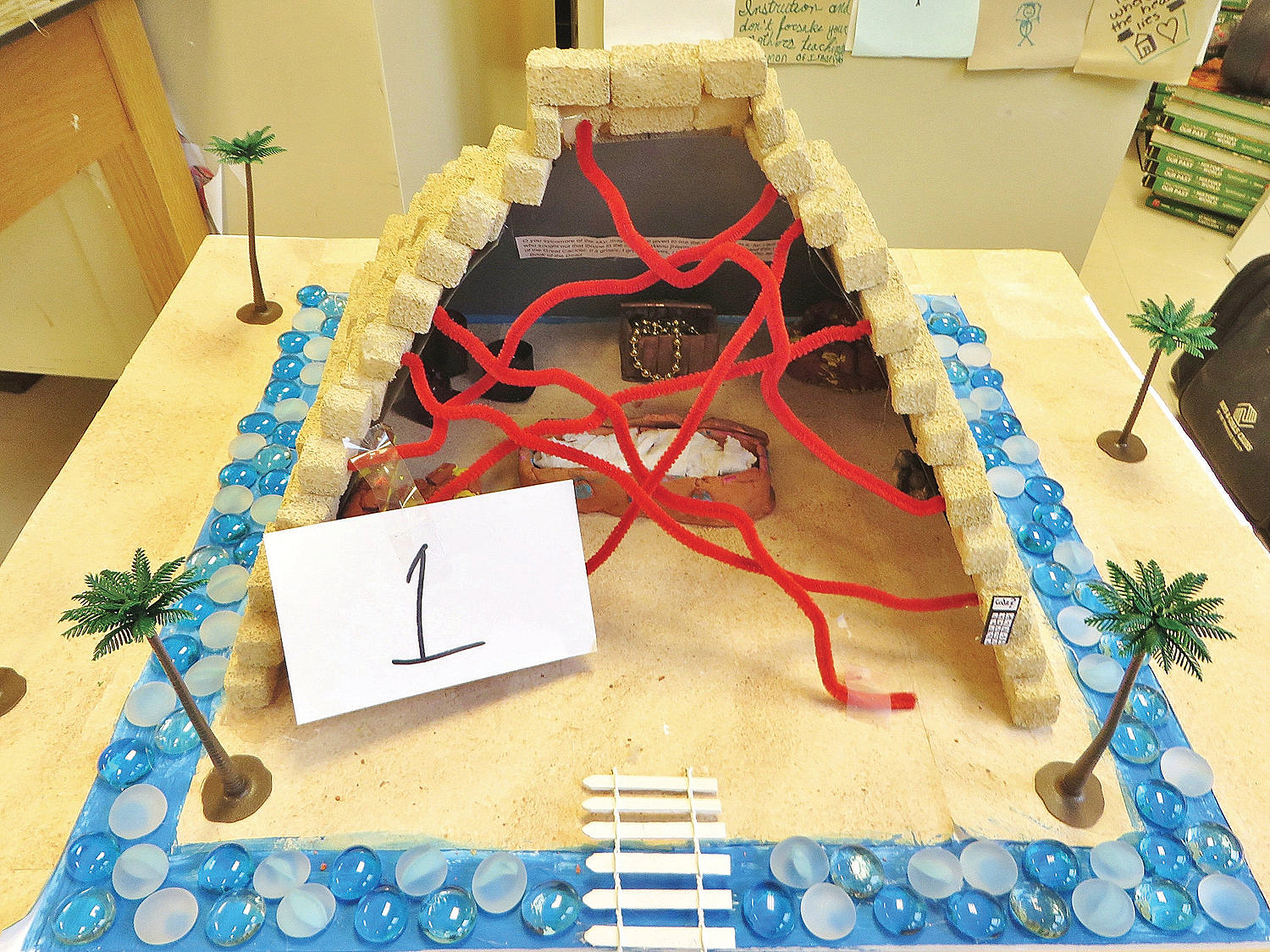
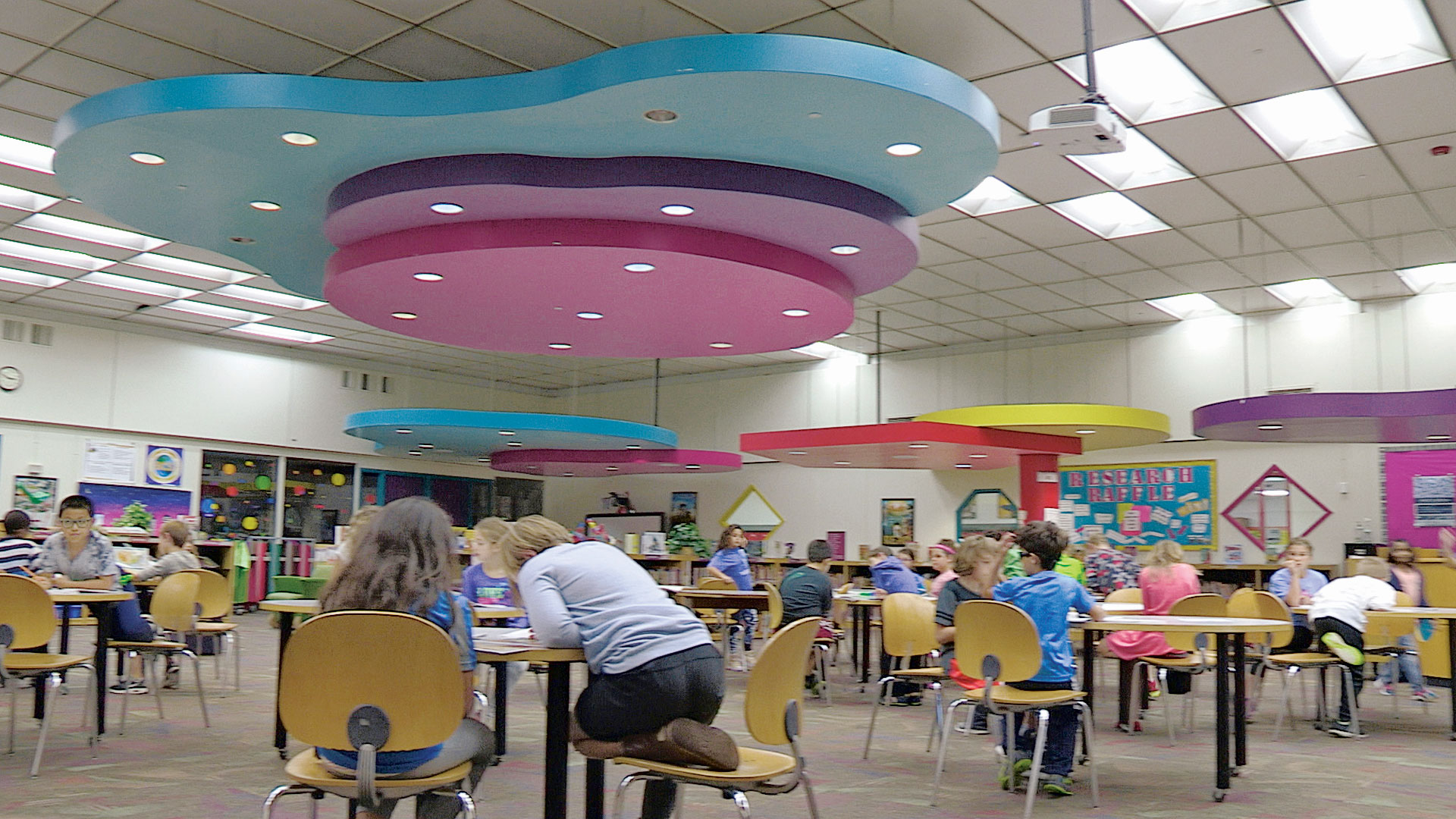
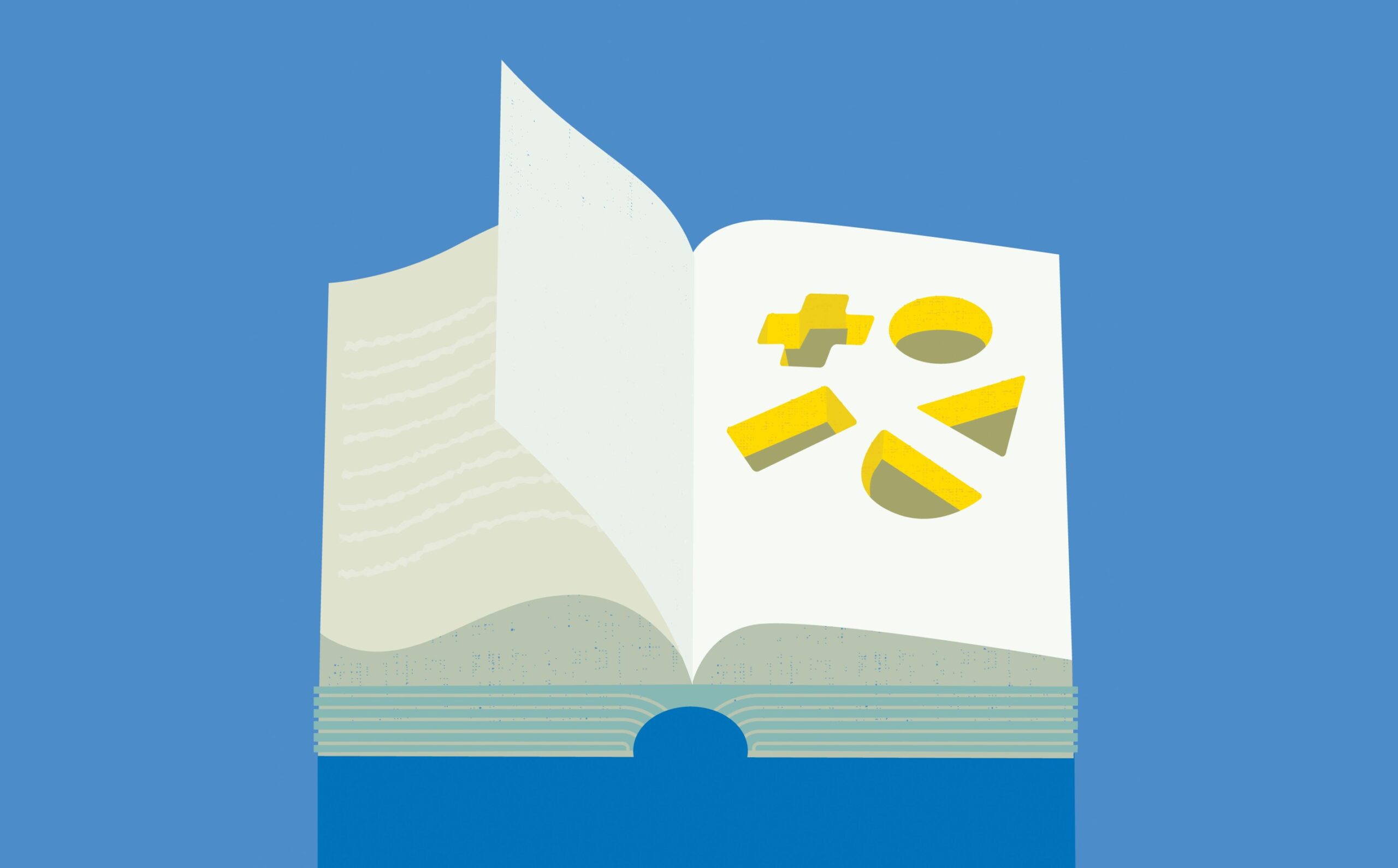
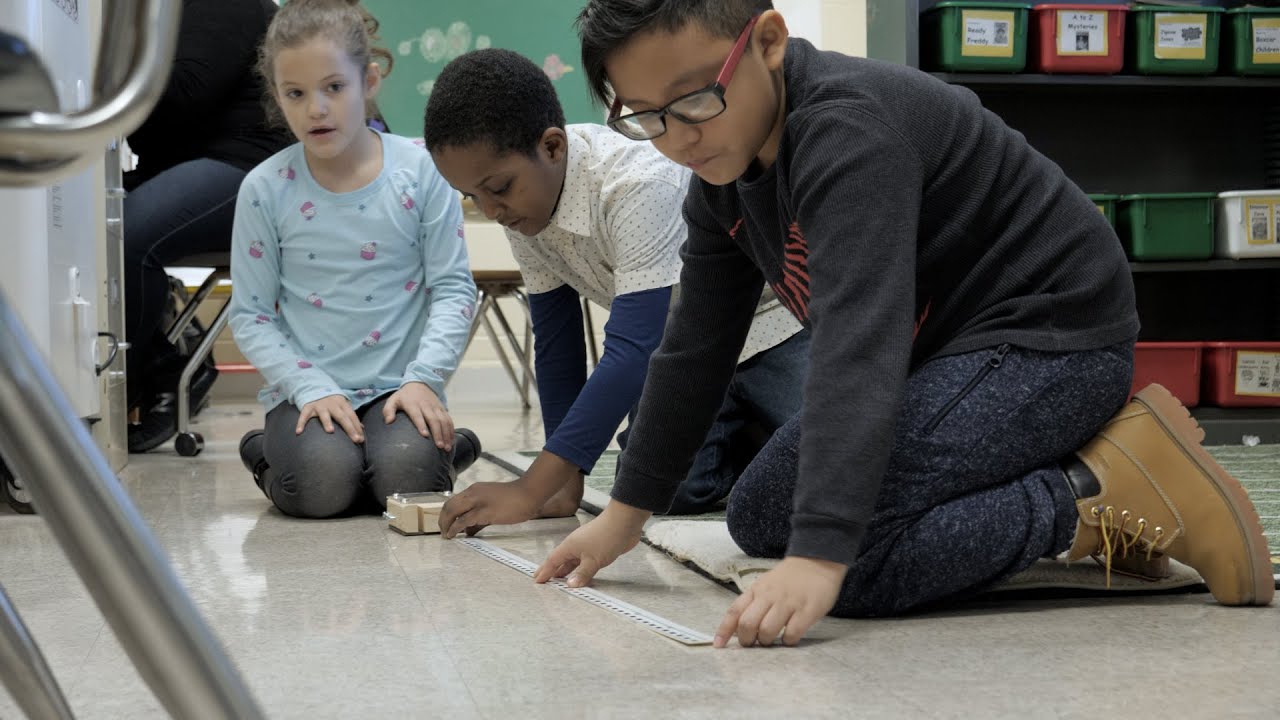
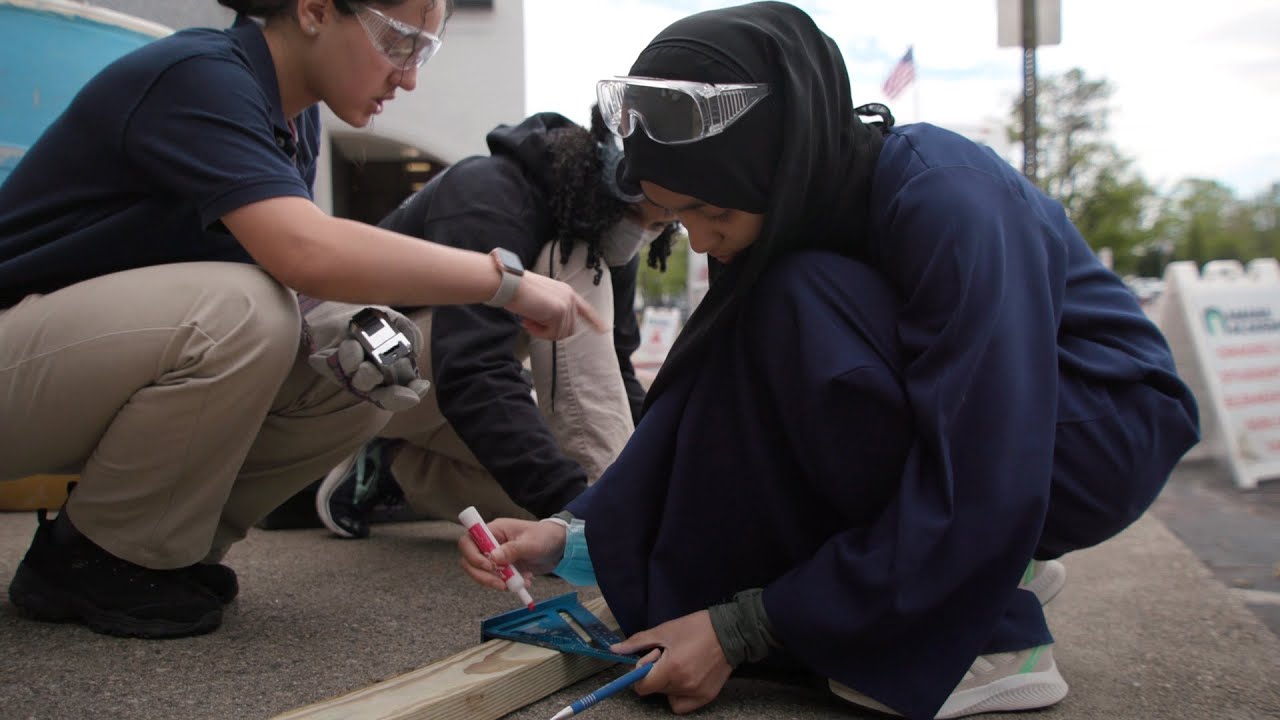

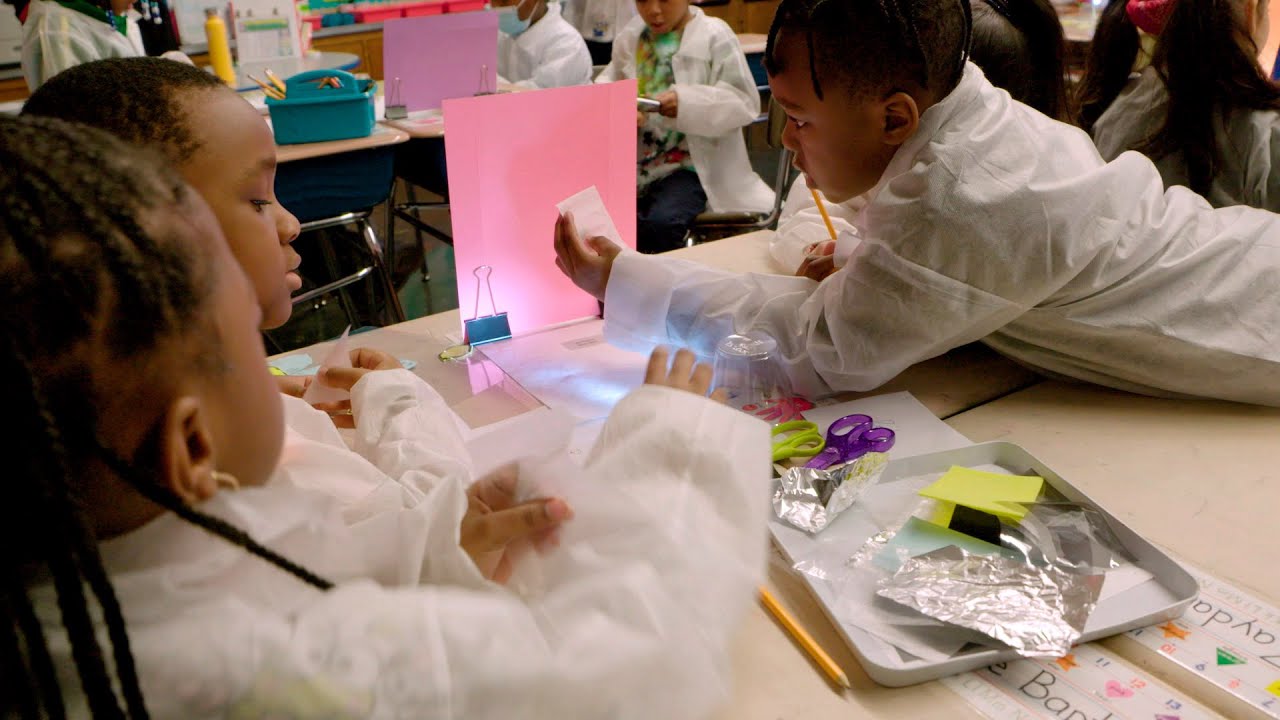
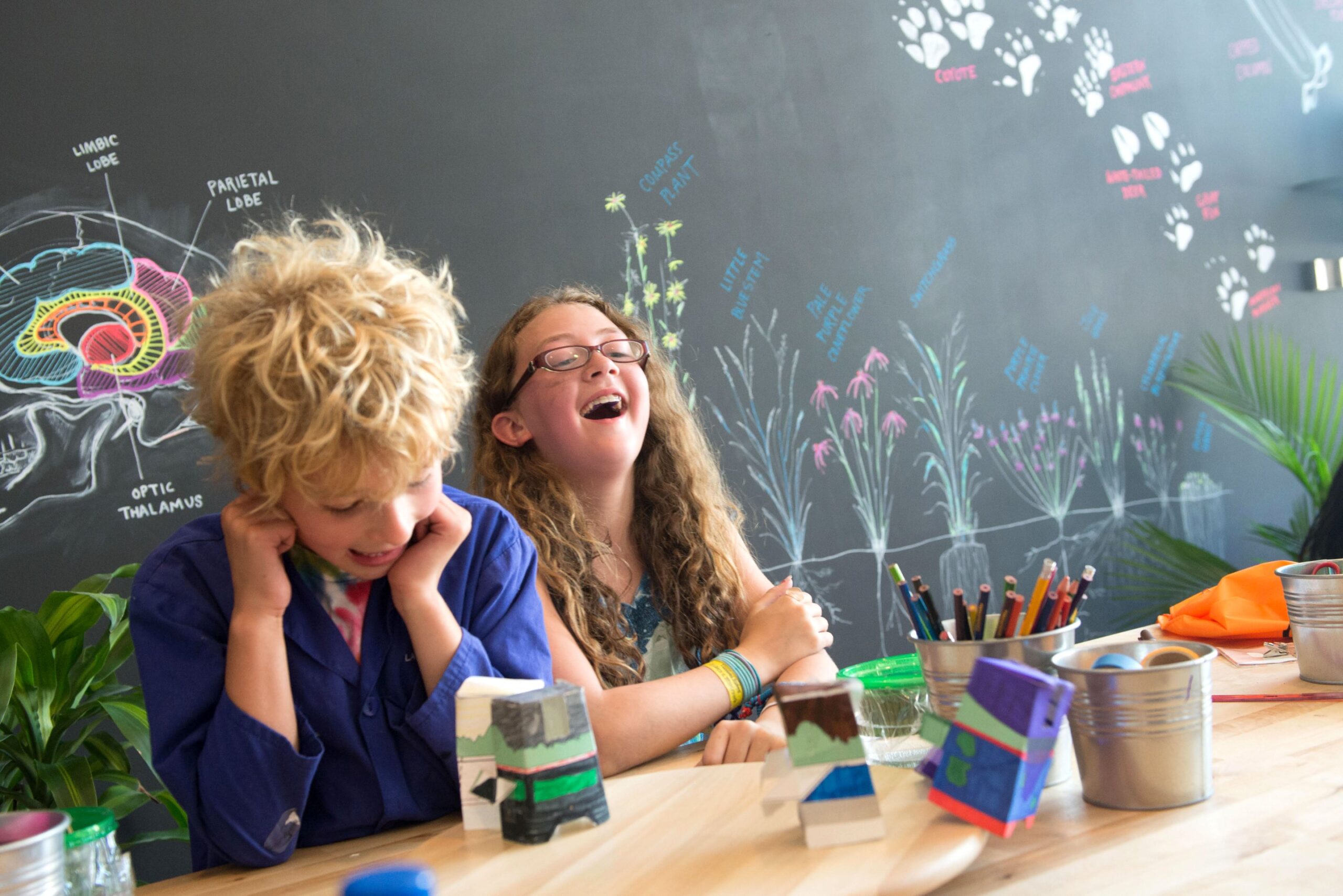




Leave a Reply